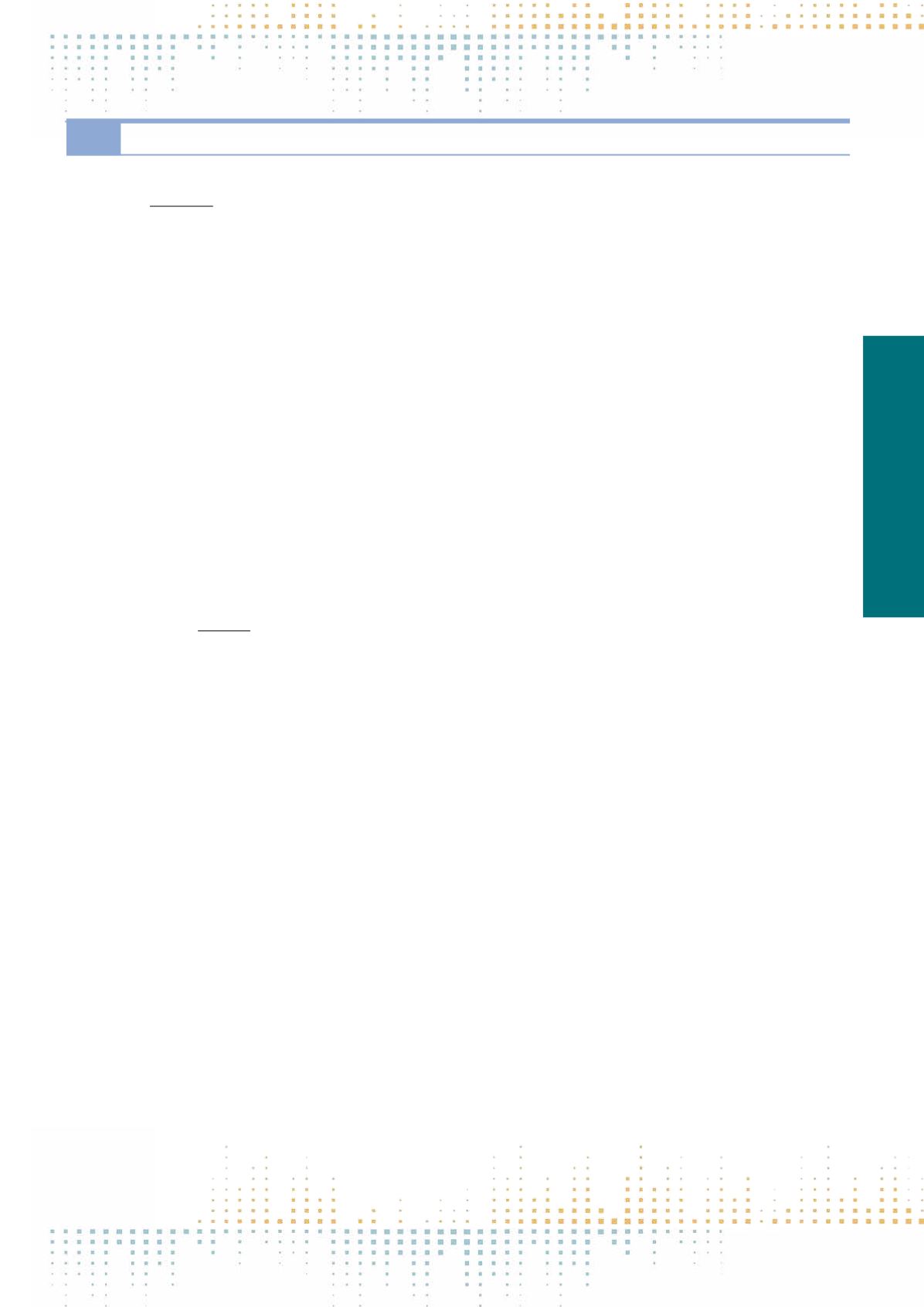

537
Saturday, November 12
0 9 : 0 0 – 1 0 : 3 0
POL13
Populist Communication and Effects
PP 513
Utilizing Appeals to Moral Foundations as a Potent Driving Force of Voters’ Behavior
A. Matuskova
1
, M. Vranka
1
1
Charles University- Faculty of Social Science, Marketing Communication and PR, Prague 1, Czech Republic
In our paper we focus on applicability of Haidt’s Moral foundations theory (MFT) in political marketing. Moral foundations are innate dispositions to per‑
ceive and judge specific issues as a part of a moral domain. Haidt describes several moral foundations, such as “harm/care” (preventing harm and caring
for others), “fairness” (ensuring fair and just treatment of all), “loyalty” (being loyal to one’s group), “authority” (respecting and obeying authorities), and
“purity/sacredness”(pursuing purity of mind and body). Although everyone poses all foundations, people differ in how strongly developed they have each
one of them. We review body of research showing that these differences translate into different political orientations and voting behavior. Based on these
findings, we argue that moral foundations can be utilized in crafting effective political marketing communication: if communicated messages successfully
resonate with specific moral foundations, their content will be perceived as morally relevant. Activated mental moral circuitry will in turn raise the perceived
importance of a given issue and motivate people to actively help resolving it. This suggests that moral foundation targeting could be an effective tool not
only for persuading people to support a candidate or a party, but especially (and even more importantly) for persuading to really come and cast a ballot for
them on an election day. One seemingly plausible explanation of voting behavior would be that people are motivated to vote by rational self-interest. In
other words, they vote in order to get passed policies that benefit them and further their economic interests. However, empirical support for this notion is
sparse and it is not uncommon for people to vote seemingly against their self-interest: for example when higher middle class voters support redistributive
policies (Achterberg & Houtman 2006). Alternative determinants of voting behavior has been proposed. Symbolic politics (political orientation and party
identification) were identified as influential drivers of voting behavior (Sears et al. 1980). However, political ideology can be considered as a consequence
of underlying moral concerns that define what is considered important and valuable (Koleva et al 2012). Do voters feel responsibility to go vote? Political
elite seek for consensus and support from voters but also create the feeling of personal responsibility to vote. Presented paper is reflection on voting
behavior. Electoral behavior has been analyzed from various point of view (from political science through behavioral economy or sociology). Our approach
combines psychology and political marketing approach understood as the set of tools, which help politician to craft the best message and target the ideal
voter groups. Key words: Voting behavior, Haidt’s model, political marketing, elections, moral appeal, elections
PP 514
Populist Political Communication of New Parties in New Democracies: The Case of Croatia and Slovenia
D. Vozab
1
, A. Albertini
2
1
Faculty of Political Science- University of Zagreb, Department of Journalism, Zagreb, Croatia
2
Scuola Superiore Sant'Anna, Pisa, Italy
Populism is currently widely discussed and analyzed as a political communication style, particularly in terms of new political parties that emerged in Europe
in the last several years. Do the new parties in European new democracies also follow the trend and adopt the populist communication style? This paper
aims to analyze the extent in which new political parties in Croatia and Slovenia use populist political communication style in social media. Croatia and
Slovenia were republics in former socialist Yugoslavia that underwent transition to market economy and parliamentary democracy in 1990s and are now
both EU member states. This suggests the convergent path in democratization and political development, but due to differences in economic development
and war that followed in Croatia, Croatia and Slovenia could not be put into similar cluster so easily. According to Boduszynski (2010), Slovenia transitioned
rather quickly to full substantive democracy, while Croatia for a long period belonged to the group of countries between formal democracy and authoritari‑
anism. This paper focuses on new parties that didn't exist during the previous parliamentary elections and that entered the parliament in the last elections.
In Croatia these parties are Most (Bridge of Independent Lists) and Živi zid (Human Blockade) and in Slovenia Stranka modernega centra (Modern Centre
Party) and Združena levica (United Left). The paper will analyze their political communication on Facebook. Facebook is the social network site which fits
with the adoption of communicative choices that are associated with the different definitions of populism, especially in comparison with other social
media platforms such as Twitter. The main questions guiding the analysis are 1) to what extent are new parties in Croatia and Slovenia populist in their
political communication on Facebook?; and 2) What kind of populism do these parties express on Facebook? The method used in the paper will be content
analysis with a Facebook post as a unit of analysis. Content analysis will be performed on posts published in the timespan of three months, from April to
June 2016. Facebook posts will be downloaded with Ncapture for NVivo. We are using the Cas Mudde’s definition of populism, that is, populist messages
of the Facebook’s posts will be considered as the ones which refer to: a) an explicit attack to political, financial or bureaucratic elites; b) a direct reference
to and exaltation of the people and/or the“general will”of the people; c) a negative reference to the so-called“dangerous others”, namely minorities, such
as immigrant or specific religious groups, or different national communities. The paper aims to contribute to political communication research by adding
insight into how is populism used as a political communication style in countries with shorter democratic history.



















